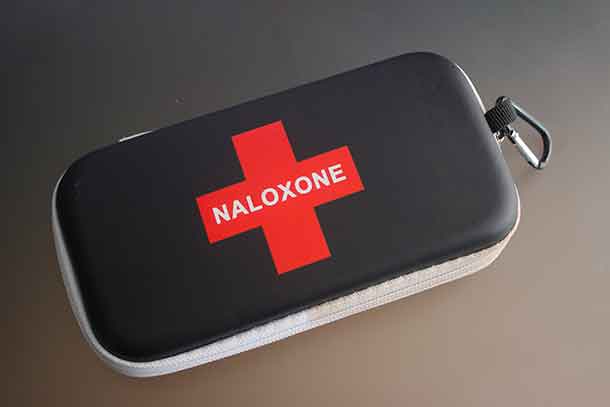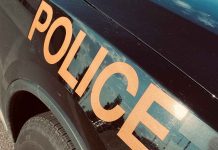THUNDER BAY – There have been far too many drug overdoses in our region. The dangers related to fentanyl especially have spiked the deaths not only in Thunder Bay but across Western Ontario.
The Ontario Provincial Police state, “Opioid overdoses are claiming the lives of thousands of people across Ontario and are steadily increasing. The statistics and numbers related to overdoses do not capture the profound distress being felt by those impacted”.
Observers may hesitate to call 911 in fear of police involvement. To encourage people to seek life-saving assistance the Ontario Provincial Police (OPP) is launching the Good Samaritan Drug Overdose Act (GSDOA) public awareness campaign.
This federal legislation was passed in May 2017. However many people are not fully aware of the legislation or the protections it offers.
The Good Samaritan Drug Overdose Act provides some legal protection for people who experience or witness an overdose and call 911 or their local emergency number for help.
The Act can protect you from:
- Charges for possession of a controlled substance (i.e. drugs) under section 4(1) of the Controlled Drugs and Substances Act
- Breach of conditions regarding simple possession of controlled substances (i.e. drugs) in:
- pre-trial release
- probation orders
- conditional sentences
- parole
The Good Samaritan Drug Overdose Act applies to anyone seeking emergency support during an overdose, including the person experiencing an overdose. The Act protects the person who seeks help, whether they stay or leave from the overdose scene before help arrives. The Act also protects anyone else who is at the scene when help arrives.
The Act does not provide legal protection against more serious offences, such as:
- outstanding warrants
- production and trafficking of controlled substances
- all other crimes not outlined within the Act
The Good Samaritan Drug Overdose Act applies to anyone seeking emergency support during an overdose, including the person experiencing an overdose. The Act protects the person who seeks help, whether they stay or leave from the overdose scene before help arrives. The Act also protects anyone else who is at the scene when help arrives.
The OPP has created posters, information cards, and community safety videos to help educate the public and community agencies. These resources as well as other additional information about the GSDOA can be found by visiting: www.opp.ca/overdose or opp.ca/surdose and OPP social media accounts.
Anyone who encounters another person who appears to be in a state of overdose should immediately call 9-1-1.
Naloxone, or NARCAN as it is also known, is the antidote to opioid poisoning and reverses the effects of opioids that cause breathing to stop. Take-home Naloxone kits and training are available free of charge and without a prescription, to anyone who believes that they may need to use this antidote for themselves or for someone else. Naloxone can be obtained from your local Health Unit locations as well as participating pharmacies.







